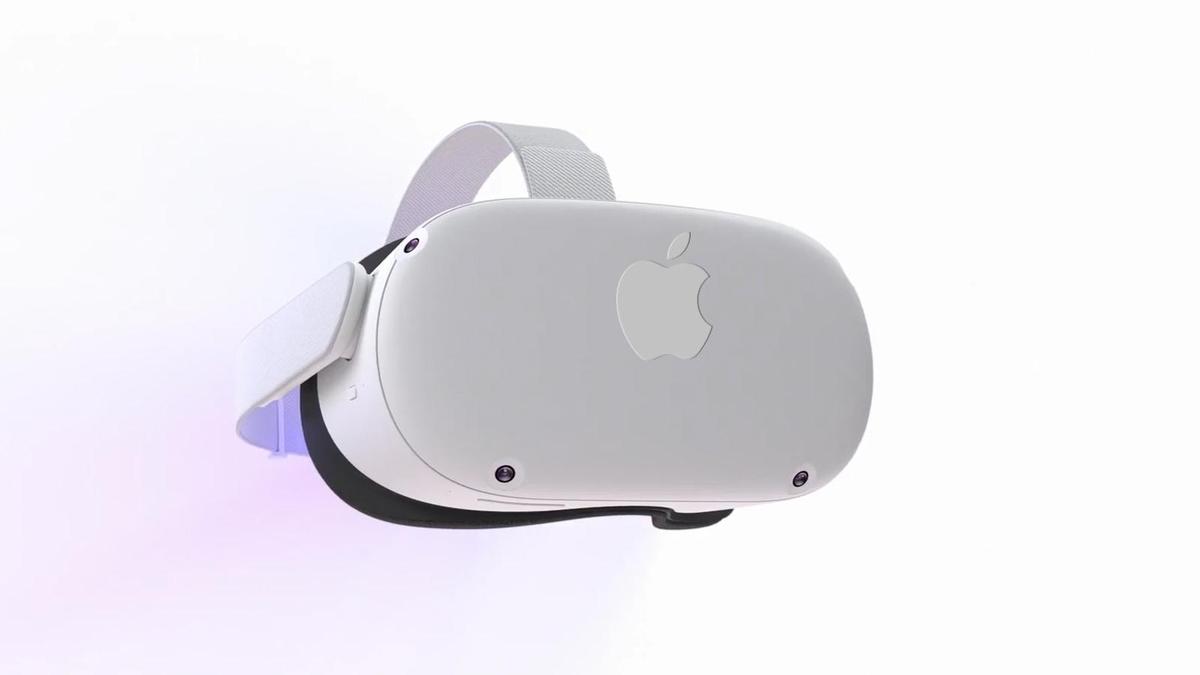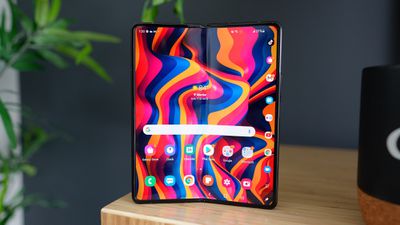Samsung Falling Behind Apple in AR/VR Space Due to ‘Obsession’ With Foldable Smartphones

Samsung’s main competitors, including Apple, Microsoft, Meta, and Sony, are developing or have already launched AR and VR devices amid massive industry-wide investments into the future of the technology, but it is unclear if Samsung is actively developing such devices at all. eBest Investment and Securities analyst Kim Gwang-soo said:
Big tech companies, rather than smartphone manufacturers, are leading XR devices because they have the necessary content and platforms. Google has an operating system Android, Microsoft has Xbox and Sony has PlayStation. It’s risky for Samsung to roll out XR devices, so it has no choice but to stick to foldable smartphones.
The growth of Samsung’s smartphone business has slowed down to just 0.9 percent year on year, but the company remains committed to the potential of foldable devices to reignite momentum. Samsung shareholders are said to be concerned by its perceived preoccupation with foldable devices, which is distracting the company’s attention from the need to compete with future AR and VR devices from its main rivals.
 Samsung Galaxy Z Fold 3Market data indicates that the market for AR and VR devices will increase tenfold in the next three years, reaching a value of $300 billion in 2024, supported by over 70 million devices. In the long term, such devices are expected to partially replace PCs and smartphones, becoming mainstream IT devices. For example, Apple is said to be planning for its AR and VR devices to replace the iPhone in ten years.
Samsung Galaxy Z Fold 3Market data indicates that the market for AR and VR devices will increase tenfold in the next three years, reaching a value of $300 billion in 2024, supported by over 70 million devices. In the long term, such devices are expected to partially replace PCs and smartphones, becoming mainstream IT devices. For example, Apple is said to be planning for its AR and VR devices to replace the iPhone in ten years.Industry insiders claim that even if Samsung develops its own AR and VR devices, it lacks the content and platform to create a cohesive and compelling ecosystem. In an attempt to catch up in the race to make inroads into the AR and VR market, Samsung made a belated investment in DigiLens, a California startup that makes AR glasses.
To stay relevant, market observers are warning that Samsung may need to find a partner that already has content or a platform in exchange for chip expertise, similar to the relationship between Qualcomm and Microsoft. Qualcomm has partnered with Microsoft to move into the AR and VR space, on the back of its experience developing chips specifically for these sorts of devices. Qualcomm is now developing an AR chip specifically for Microsoft’s AR glasses and helping it achieve a slimmer, lighter design by reducing the chip’s energy requirements. Samsung could seek a similar arrangement with another stakeholder.
The report cited the recent announcement of Sony’s PSVR2 and Panasonic’s MeganeX headset at CES 2022 as examples of the progress of Samsung’s competitors. Meanwhile, Meta is working on a new high-end VR headset with an array of sensors for tracking facial expressions, which is set to launch this year. Apple is reportedly planning to announce a mixed-reality headset as soon as this year, featuring a lightweight design, a processor comparable to the M1 Pro, 4K Micro OLED displays, motion-tracking, and more, but a recent report claimed that the device could now be delayed until next year.
Despite normally beating Apple to market with emerging technologies, such as OLED displays, foldable smartphones, and even ultra-wideband tracking devices, it looks as though there will be no Samsung device to rival Apple’s headset when it finally launches.